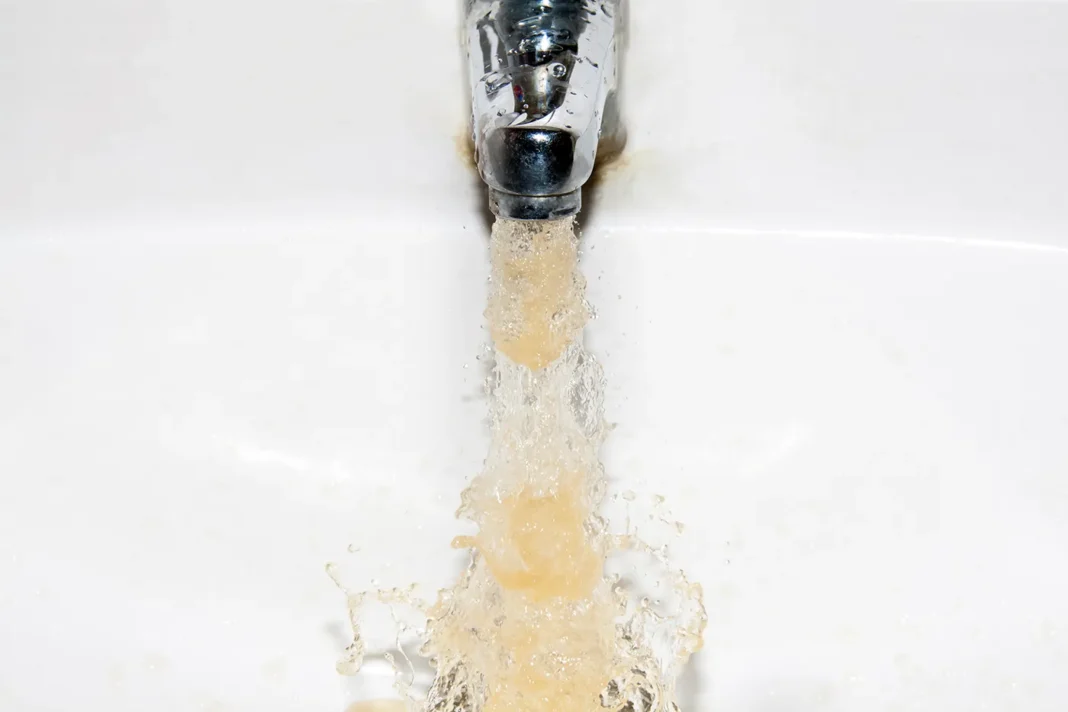An article in Northeaster Global News discusses new research from Northeastern University. Key findings from the research includes:
- PFAS Contamination: PFAS, or “forever chemicals,” are widespread in New Jersey’s public water systems, particularly affecting low-income and minority communities. From 2019-2021, PFAS were detected in 63% of New Jersey water systems, serving 84% of the state’s population.
- Environmental Justice: The study highlights that communities of color and low-income households are more likely to be served by water systems with PFAS contamination. For example, 92% of the Hispanic population and 94% of the Black population were served by contaminated water systems
- Regulatory Efforts: New Jersey was the first state to regulate certain PFAS in drinking water. The EPA has also finalized drinking water regulations for six PFAS and allocated $9 billion for tackling PFAS and other contaminants through the Bipartisan Infrastructure Law.
- Positive Developments: PFAS levels appear to be declining over time, and water systems with treatment technologies are less likely to detect these chemicals. Additionally, two PFAS compounds were recently added to the Superfund list of hazardous chemicals, holding polluters accountable for remediation.
Read the full story here: https://news.northeastern.edu/2024/04/24/new-jersey-pfas-drinking-water/



![Warning About Drinking Water Issued Nationwide [Newsweek]](https://tristateinfrastructurenews.com/wp-content/uploads/2024/05/drinking-water.webp)
![Wind targets remain out of reach without massive grid expansion [Wind Power Monthly]](https://tristateinfrastructurenews.com/wp-content/uploads/2024/05/key-componants-4096x1749-1-1068x456.png)